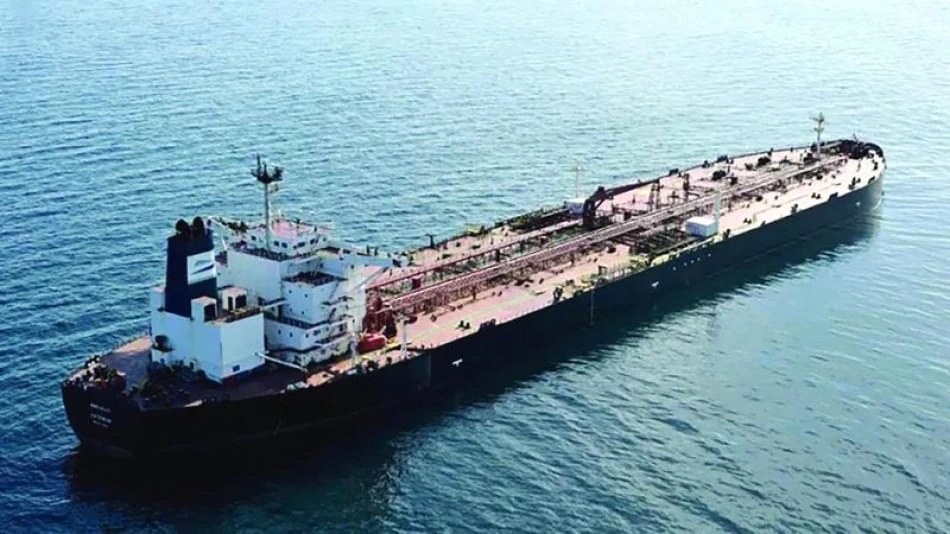
Russian Cargo Ships Stranded in France Due to EU Sanctions
Two massive Russian cargo ships have been stuck in French ports for over two years due to European sanctions, and now their Russian owner has stopped paying bills entirely. The vessels, worth up to 20 million euros each, are creating a financial crisis for French companies while their crews remain trapped aboard without insurance coverage.
The ships Vladimir Latishev and Viktor Andriukhin haven't left the ports of Saint-Malo and Marseille since February and March 2022. French customs ordered them "frozen" as part of sanctions against Moscow following Russia's invasion of Ukraine. Both vessels are 141 meters long, built in 2021, and can carry over 11,000 cubic meters of cargo.
Russian owner Alfa LLC has stopped paying for fuel, electricity, port fees, and food for the sailors. Russian crews rotate every five to seven months to maintain the ships, but the financial situation keeps getting worse.
In Saint-Malo, fertilizer company Timac Agro had been covering expenses for the Vladimir Latishev. But costs hit 200,000 euros since the start of this year, according to Stephane Bihan, deputy head of Brittany region which owns the port. The company has now initiated seizure proceedings against the ship and handed the matter to authorities after ensuring the crew's immediate needs were met.
The situation in Marseille mirrors this crisis. Shipping company AFCC covered expenses for the Viktor Andriukhin until early September. Financial director David Lopic told reporters his company is owed 450,000 euros by the Russian owner. "This puts our company at risk," he said, explaining he had to abandon the ship to save his five employees' jobs.
"We found ourselves trapped between state agencies, banks, and Russia, and this swallowed all our money," Lopic said. If the ship goes to public auction, his company will try to recover their losses.
Here's where it gets more dangerous. Neither ship has insurance anymore. Insurance companies refuse coverage because of the freezing measures, according to an email from Alfa LLC. This leaves the crews in a precarious position.
Laure Tallonneau, an inspector with the International Transport Federation, explained the risks: "If there's a work accident or illness, there's no system to take care of the sailors, and if someone dies, there's no compensation." She noted that sailors don't want repatriation as long as they're getting paid, but they don't understand how dangerous the lack of insurance is.
The immediate situation is getting critical. Food supplies for the Saint-Malo crew are only secured until October 20, and fuel might run out soon. In Marseille, port authorities decided to continue electricity supply "for humanitarian reasons and safety concerns," according to Stephane Biron, assistant director of the Mediterranean region administration.
Port officials say the crew's situation is generally acceptable for now. Salaries are still being paid and the owner continues crew rotations. But if conditions worsen, authorities might need emergency funding to buy food and basic supplies, or arrange repatriation for the sailors.
This case shows how sanctions create complex situations beyond their intended targets. French companies are losing hundreds of thousands of euros, crews are stuck in legal limbo, and port authorities face mounting costs. The ships represent significant assets that can't be moved or sold while sanctions remain in place.
The standoff highlights the broader challenge of enforcing sanctions while managing humanitarian concerns. As the war continues, more situations like this could emerge across European ports hosting sanctioned Russian vessels.
Most Viewed News

 Sara Khaled
Sara Khaled






